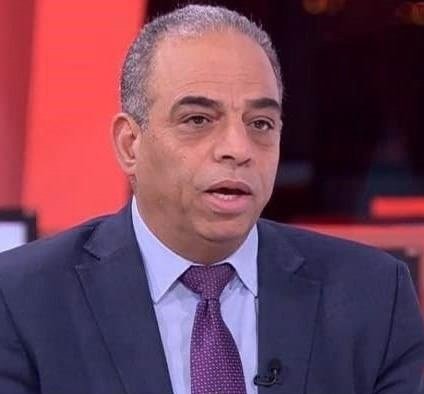
By : Ahmad M. Awad
Jordan Daily – The Jordan state budget for the year 2025 arrives at a turbulent political and economic time marked by accumulating crises. The main question to be asked, then, is about the budget’s ability to balance ambitions for economic recovery with realistic projections.
Jordan’s chronic structural imbalances, for example, demand transformative solutions, yet they are conspicuously absent in the budget’s proposed fiscal policies. Despite attempts to expand public spending and stimulate growth, the budget’s heavy reliance on conventional approaches renders it more an effort to maintain the status quo than to provide sustainable solutions.
The budget’s figures show a 16.5% increase of total public expenditures compared to those of 2024, which is a positive step toward expanding public spending. This expansion reflects the government’s ambition to reinvigorate the economy by injecting additional liquidity into various sectors. At the same time, however, this also underscores a continued dependence on indirect tax revenues as the state’s primary source of revenue. These taxes, such as general sales taxes and fixed levies, burden both consumers, particularly lower-income populations, and the economy by limiting domestic demand. In this view, tax reforms that promote social justice and economic growth are even more urgent.
On the other hand, the budget appears relatively realistic, refraining from overestimating economic growth projections or anticipated revenues and grants. Nonetheless, this realism falls short in addressing deeper economic challenges that require long-term strategies. With the projected budget deficit for 2025 amounting to 7.6% of GDP and 18.2% of the total budget, the national economy’s decades-long problem of outsize deficits remains chronic.
Even more alarming are the public debt indicators, which are expected to remain at very high levels and approach 120% of GDP in 2025. This implies a massive increase in the cost of servicing public debt, with projected interest payments reaching approximately 2.2 billion Jordanian Dinars—an amount exceeding the combined budgets of the Ministries of Health and Education. Such financial pressure severely restricts the state’s ability to invest in critical sectors to stimulate economic growth and improve public services.
The budget also reveals the government’s intention to borrow approximately 8.5 billion Jordanian Dinars in the coming year to cover the budget deficit and repay existing debts. Whether this approach is sustainable ought to be a foremost concern. Carrying on with such borrowing reflects a lack of clear vision for addressing the root causes of economic and social crises, exacerbating long-term financial burdens and undermining the government’s capacity to tackle future challenges.
With 2025’s budget, it was hoped that the government would adopt new fiscal policies for driving economic growth, aimed at finally breaking free from the economic stagnation that has persisted in Jordan for more than 15 years. Among the most critical and necessary measures are reducing indirect taxes and enhancing direct revenues through comprehensive tax reforms. However, the budget introduces no substantive changes in this regard, merely sustaining a conventional approach to economic management. Such approaches have yet to address the root causes of Jordan’s economic challenges.
In light of these indicators, the 2025 budget reflects ambitions constrained by a challenging economic reality. Despite certain positive aspects, such as realistic projections and recent government measures over the past two months to stimulate some economic sectors, the continued reliance on traditional policies and debt constrains the 2025 budget’s ability to achieve the desired economic recovery.
What is urgently needed now is a complementary strategy to the Economic Modernization Vision – one that addresses structural imbalances, thus laying the groundwork for a sustainable path of development that ensures social and economic justice. Such a strategy is essential for achieving long-term economic and social stability.
Ahmad Awad is the founder and director of the Phenix Center for Economic Studies, specializes in human rights and socio-economic issues. Advocate for human rights and promoting democracy and civil society at local, Arab, and international levels.
The opinions expressed in this article are those of the writer and do not necessarily reflect the views or positions of the Jordan Daily.

